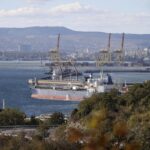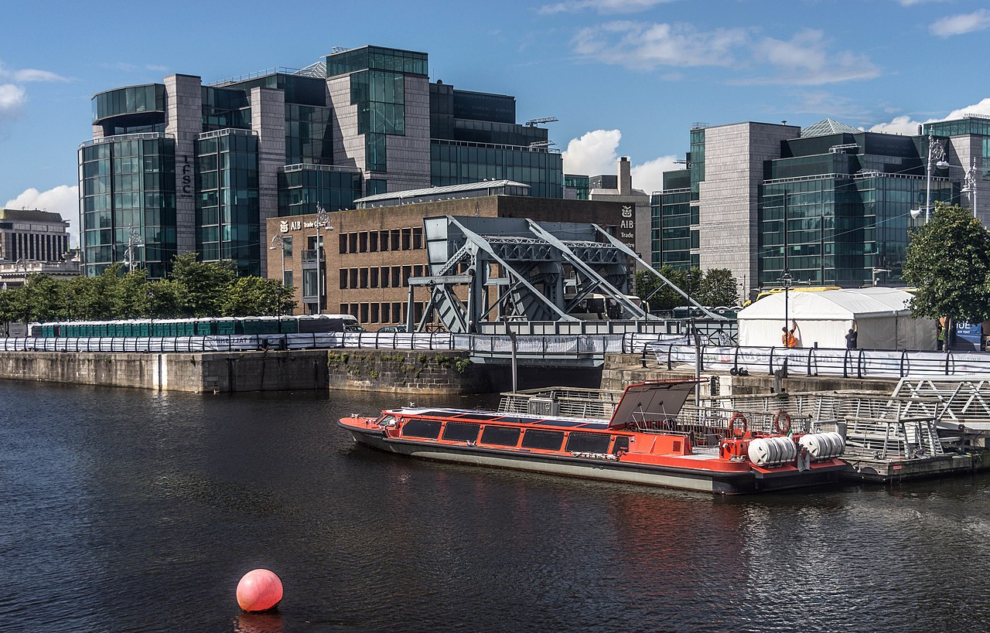The Republic of Ireland is ranked No.1 in the world for economic performance according to last week’s IMD World Competitiveness Ranking for 2023 and was only narrowly beaten by Denmark for the overall competitiveness award.
However, this is a truly remarkable reversal of fortune, as it was only back in 2010 that Ireland was forced to accept an €85 billion bailout following the global economic downturn and banking crisis. There is no doubt that Ireland’s historic low corporation tax rate of 12.5% has been a major factor in attracting inward investment and boosting tax receipts.
The Irish economy will reap a budget surplus of €10bn this year, which could increase to €20bn by 2026. However, as this has been driven mostly by strong corporation tax receipts there has speculation as to whether they will reduce over the longer term. There is now a debate in the south as to whether they save these funds into a new sovereign wealth fund, reduce tax for the population, or spend it on infrastructure and other public works projects.
So, how did Ireland turn around their economy and are there any lessons here for Northern Ireland?
Taking us back to 2008 when the international banking crisis occurred, and then the EU bailout of 2010. It is possible that the conditions that were imposed upon Ireland by the EU, as part of the agreed economic adjustment programme, became the catalyst for this remarkable economic turnaround.
Furthermore, under EU rules, Ireland needs to produce a Stability Programme Update which enforces a more rigid and disciplined approach to fiscal expenditure, borrowing, risks and business opportunities. Having implemented the spending cuts, asset sales and reforms required under the bailout, Ireland was finally able to access international finance again and reset its domestic policy.
Its appears that rigorous fiscal management could have set Ireland on a sustained path of economic growth. Is it then possible that we could replicate their policies and boost Northern Ireland’s economy?
At present, Northern Ireland faces its own public finance crisis which is affecting public services and businesses. It has occurred, partly because of the cost-of-living crisis, caused by the rise in international energy and commodity prices, and partly homegrown.
Stormont failure to make difficult, and sometime unpopular, decisions has undoubtedly exacerbated the economic problems here. Whether this is reform of the Water Industry, where developers are currently struggling to get their projects connected due to severe constraints in the network, or other economic enablers – like reducing our own corporation tax rates.
To go down path some painful choices may be required like a review of the current free giveaways, a step towards Water Charges, investment in skills and infrastructure, or lowering of certain taxes to drive economic growth. But if we are to create a stable and thriving economy this will be necessary – regardless of whether your personal preference is for a United Ireland or retention of the Union. Besides, Northern Ireland is in a stronger position than Ireland was in 2010 as we have the benefit of access to both the EU and UK markets.
As we approach 18 months since the then-First Minster Paul Givan resigned it is time to look ahead at what might be possible.
If a UKgov bailout is agreed over the coming months, I believe it must be accompanied by a strict set of conditions that will set our economy on an upwards trajectory. As Stormont seems unable to agree measures that will drive economic growth to pay for our public services and infrastructure, I believe these should be a principal part of any bailout agreement. It is simply not good enough to go cap-in-hand to Westminster once again without the imposition of strict economic growth rules.
Finally, it is a fact that the Republic’s economy is going from strength to strength, delivering impresses surpluses, when we struggle to find enough cash to fill potholes in our roads.
We should therefore learn the lessons from ROI’s experience and use our own financial crisis to press the reset button.
Source : Slugger O’Toole











